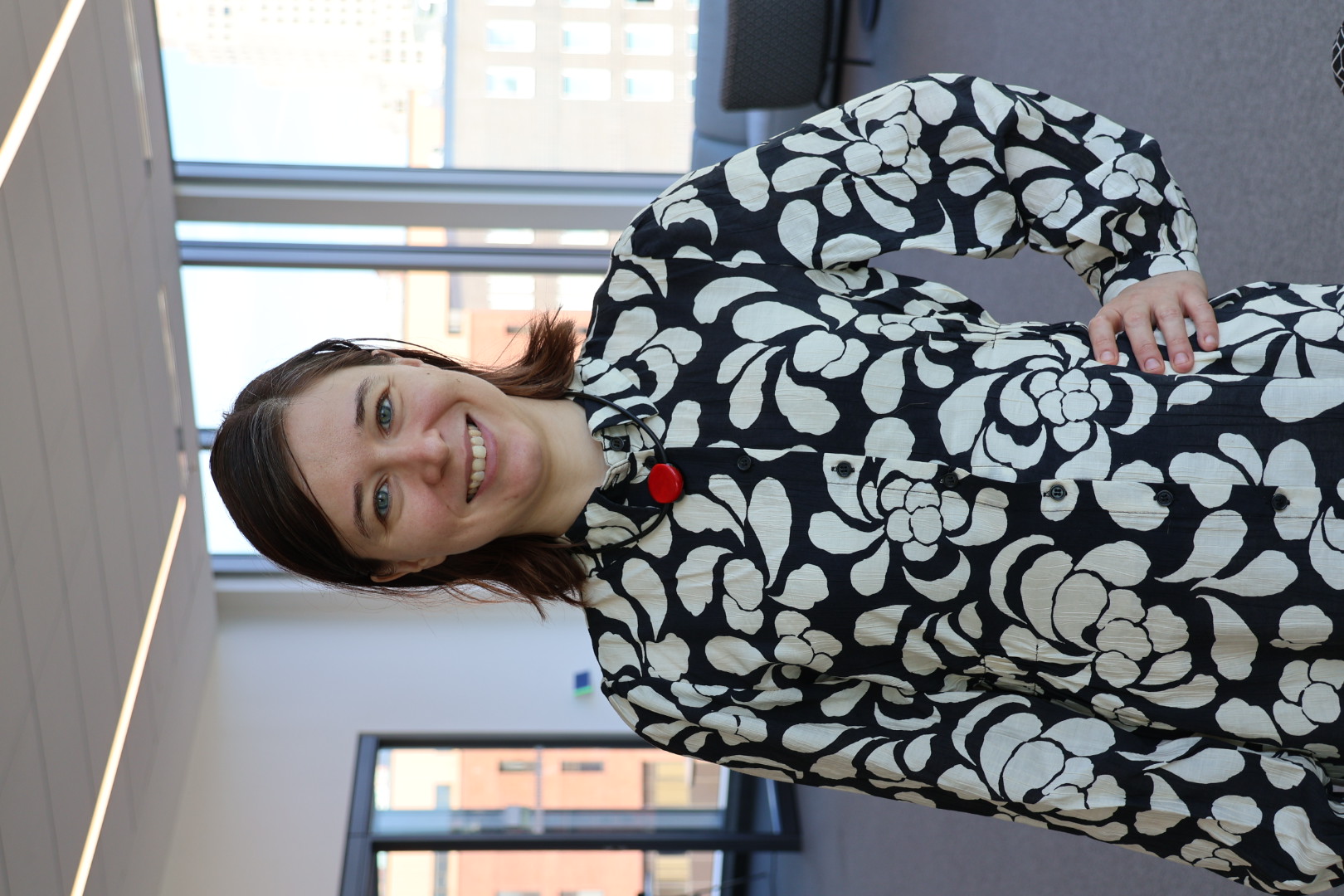What strengths, skills or qualities do you feel being a first-generation individual helped you develop?
Being a first-generation student reinforced my ability to work independently and take accountability for my own work. I learned that my successes and failures were my own, which gave me a strong sense of responsibility. It wasn’t always easy, but it built resilience, teaching me to keep trying even when situations were uncertain or challenging.
Can you describe some of the unique challenges or barriers you faced as a first-gen student, and how did you navigate them?
A major challenge for first-generation students is feeling comfortable asking for help and seeking out resources. At Brown, the Center for Master’s Student Excellence provides a one-of-a-kind resource for master’s students. It fosters community, professional development and access to critical academic, financial and wellness support, helping students succeed. I encourage all students to take full advantage of this valuable resource.
Another challenge is the culture shock that can come with entering higher education, especially at private institutions. Coming from a public commuter undergraduate program with many first-generation, returning, and part-time students, transitioning to a private R1 graduate school like Brown, far from home, made it hard not to feel like an outsider.
In my teaching work as a graduate student, I was often expected to provide support that went above and beyond anything I had experienced as a student. I appreciated learning how to support my students and offer extra assistance, but it also highlighted how much is taken for granted in higher education.
As a first-gen staff member at Brown, how do you draw on your own experiences to support first-gen students here at Brown?
As a member of the Academic and Student Affairs team at SPS, I support master’s students throughout their time at Brown. As a first-generation student, I understand that students come from diverse backgrounds and may have different experiences navigating higher education. I never assume a student knows all their options, so I make it a priority to share resources and offer guidance. I monitor and respond to inboxes where students reach out with questions, concerns or requests for support. Even when I cannot resolve a student’s issue directly, I can often connect them with someone who can. My own experience drives me to be proactive in finding and sharing these resources.
What advice would you give to current first-gen graduate students who may be feeling overwhelmed, uncertain about their path, or questioning their sense of belonging at Brown?
If you feel overwhelmed, ask yourself if you are burnt out from multiple competing priorities. Consider connecting with groups or offices such as the U-FLi Center, which supports undocumented, first-generation and low-income students, or the Counseling and Psychological Services (CAPS) to discuss your feelings and concerns. Finally, look for social events aimed at master’s students as well as events open to the entire Brown community. These are great ways to build connections and a sense of belonging. You belong at Brown and you worked hard to be here.
 What does being a first-generation individual mean to you personally, and how has that identity shaped your journey, both academically and/or professionally?
What does being a first-generation individual mean to you personally, and how has that identity shaped your journey, both academically and/or professionally?